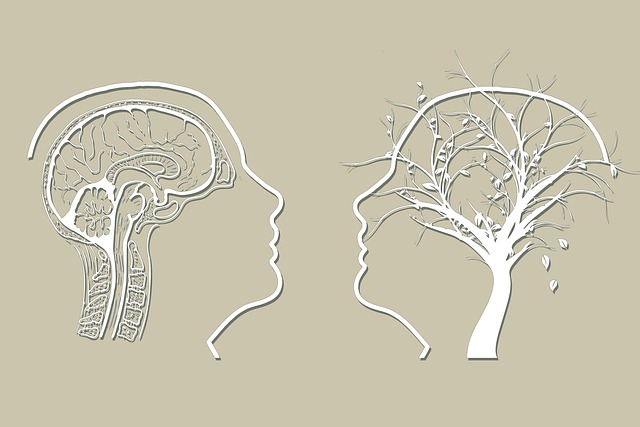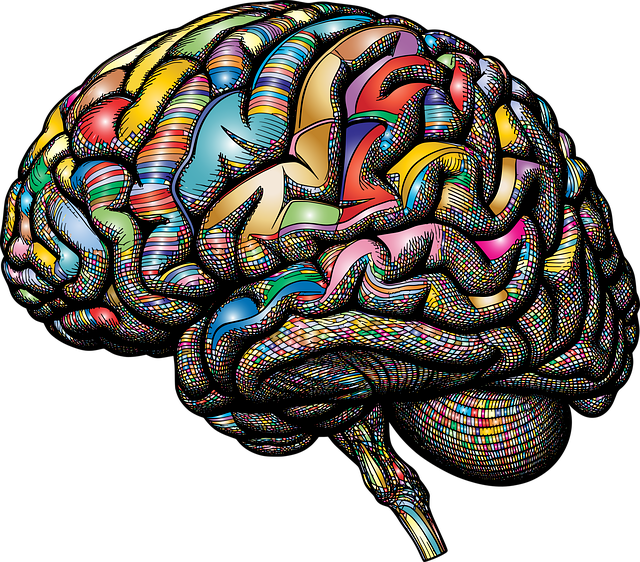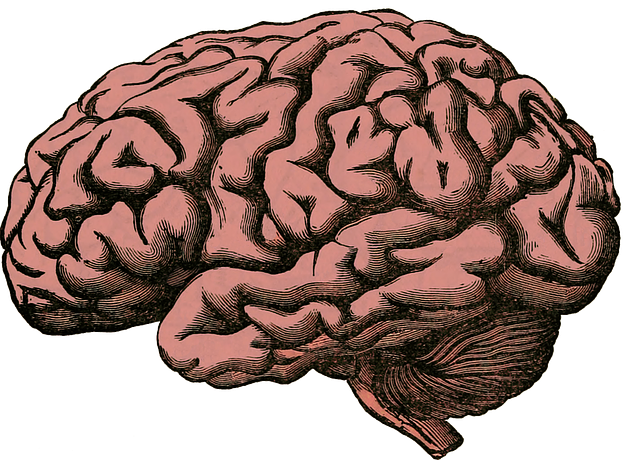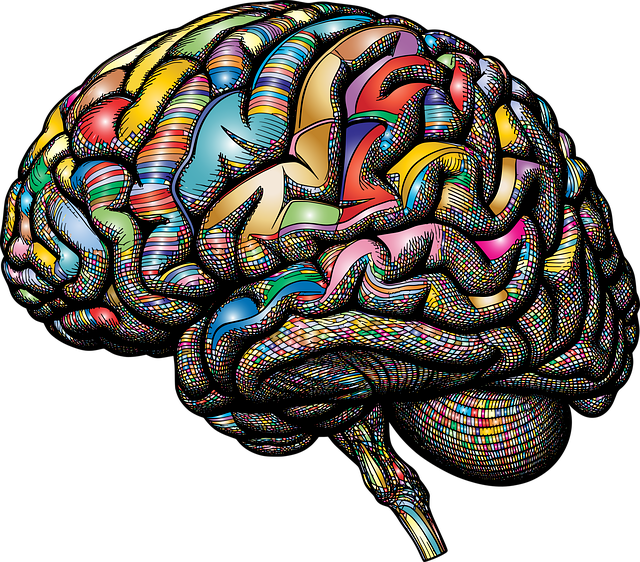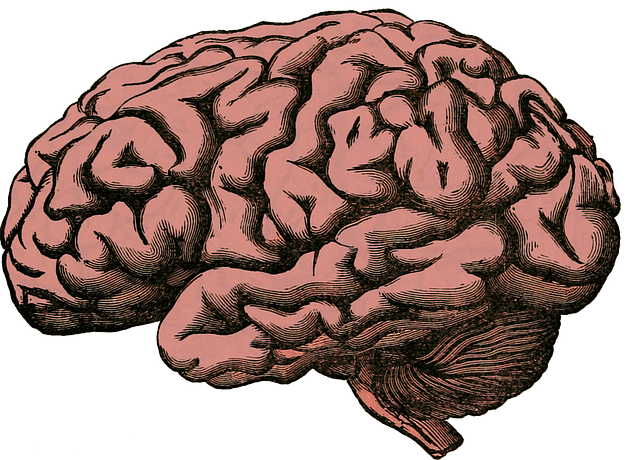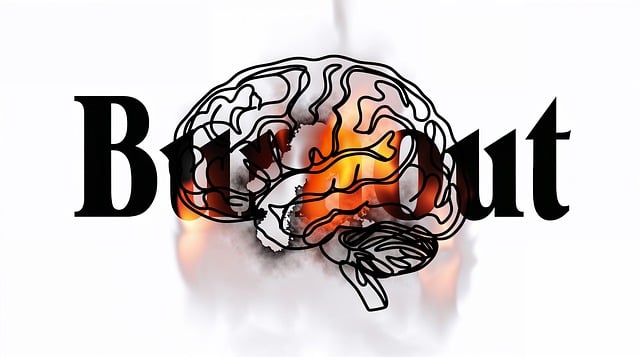Healthcare providers in Northglenn Chronic Pain Therapy settings face burnout due to high demands, long hours, and complex patient care. To combat this, facilities should implement innovative solutions like conflict resolution techniques, Mental Wellness Journaling Exercises, and stress management training. Evidence-based approaches include fostering emotional intelligence, promoting open communication, advocating for work-life balance, and establishing clear boundaries. Northglenn Chronic Pain Therapy Centers prioritize a supportive environment through trauma support services, staff workshops, and resource-sharing, enhancing job satisfaction and patient care outcomes.
Burnout among healthcare providers is a growing concern, particularly in specialized settings like Northglenn Chronic Pain Therapy centers. This article delves into understanding burnout’s impact and identifying its risk factors within these unique environments. We explore effective prevention strategies, emphasizing the importance of employee wellness programs and work-life balance. Additionally, we highlight the role of fostering supportive environments to combat burnout, ensuring Northglenn Chronic Pain Therapy staff remain resilient and dedicated to patient care.
- Understanding Burnout Among Healthcare Providers in Northglenn Chronic Pain Therapy Settings
- Identifying Risk Factors and Triggers for Burnout
- Implementing Effective Burnout Prevention Strategies for Healthcare Professionals
- Fostering a Supportive Environment to Combat Burnout at Northglenn Chronic Pain Therapy Centers
Understanding Burnout Among Healthcare Providers in Northglenn Chronic Pain Therapy Settings

In Northglenn Chronic Pain Therapy settings, healthcare providers often face intense work environments characterized by high patient demands, long hours, and complex treatment plans. This unique context contributes to a heightened risk of burnout, a state of emotional, physical, and mental exhaustion resulting from prolonged exposure to stressful situations. Understanding burnout among these professionals is crucial for implementing effective prevention strategies tailored to their specific needs.
The challenges faced by healthcare providers in Northglenn Chronic Pain Therapy settings demand innovative solutions. Burnout Prevention can be addressed through the integration of conflict resolution techniques to manage interpersonal stressors and improve work-life balance. Communication Strategies play a pivotal role in mitigating burnout, fostering a supportive environment where providers can openly discuss workload pressures, patient care concerns, and seek assistance when needed. By prioritizing these strategies, healthcare facilities can create a sustainable and fulfilling work environment for their dedicated staff.
Identifying Risk Factors and Triggers for Burnout

Healthcare providers, like anyone else, can experience burnout due to a variety of factors unique to their profession. Identifying these risk factors and triggers is crucial for preventing chronic pain and maintaining mental wellness in Northglenn Chronic Pain Therapy settings. High workload, long hours, and high patient volumes are common stressors that can lead to exhaustion and detachment from work. Additionally, emotional demands, such as dealing with traumatic cases or difficult patient interactions, can take a significant toll on healthcare workers’ psychological well-being.
Understanding individual triggers is key. Some providers might be more susceptible to burnout due to personal circumstances like financial stress or family obligations, while others may struggle with anxiety relief and stress management techniques. Implementing conflict resolution techniques and providing resources for Mental Wellness Journaling Exercises can help mitigate these issues. By addressing these risk factors proactively, healthcare organizations in Northglenn can foster a healthier work environment, enhancing provider satisfaction and patient care outcomes.
Implementing Effective Burnout Prevention Strategies for Healthcare Professionals

Healthcare professionals are at a heightened risk of burnout due to the demanding and emotionally taxing nature of their work. Implementing effective burnout prevention strategies is crucial for maintaining a healthy workforce and ensuring optimal patient care. Northglenn Chronic Pain Therapy offers insights into several evidence-based approaches that can significantly mitigate burnout among healthcare providers.
One key strategy involves fostering emotional intelligence and cultural sensitivity in mental healthcare practice. By promoting a culture of open communication, empathy, and understanding, healthcare organizations can create an environment where professionals feel supported and valued. This, coupled with regular training on stress management techniques and mindfulness practices, can enhance resilience and reduce burnout. Additionally, providing resources for professional growth, work-life balance, and clear boundaries between personal and professional life is essential in preventing emotional exhaustion among Northglenn Chronic Pain Therapy practitioners.
Fostering a Supportive Environment to Combat Burnout at Northglenn Chronic Pain Therapy Centers

At Northglenn Chronic Pain Therapy Centers, fostering a supportive environment is a top priority to combat burnout among healthcare providers. The centers recognize that emotional regulation and coping skills development are essential aspects of maintaining a healthy work-life balance for their team. They’ve implemented various initiatives such as trauma support services and regular staff workshops focused on stress management and resilience building.
By prioritizing these strategies, Northglenn Chronic Pain Therapy Centers aim to create a nurturing atmosphere where providers can openly discuss challenges, share resources, and learn from one another. This holistic approach not only enhances job satisfaction but also improves patient care by ensuring that the healthcare team is emotionally equipped to handle complex situations with compassion and professionalism.
Burnout among healthcare providers in Northglenn Chronic Pain Therapy settings is a pressing issue, but by understanding its causes and implementing targeted strategies, we can create a more supportive environment. Identifying risk factors and triggers early on is key to preventing burnout. Through fostering open communication, promoting work-life balance, and providing access to resources like counseling services, Northglenn Chronic Pain Therapy centers can significantly reduce burnout rates among their professionals. By adopting these strategies, the well-being of healthcare providers can be enhanced, ultimately improving patient care in our communities.


